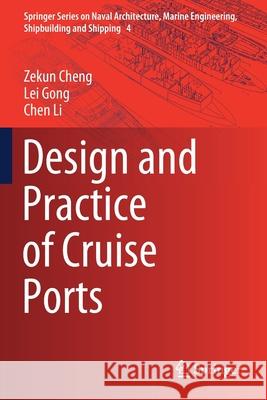Design and Practice of Cruise Ports » książka
topmenu
Design and Practice of Cruise Ports
ISBN-13: 9789811554308 / Angielski / Miękka / 2021 / 321 str.
Design and Practice of Cruise Ports
ISBN-13: 9789811554308 / Angielski / Miękka / 2021 / 321 str.
cena 441,75
(netto: 420,71 VAT: 5%)
Najniższa cena z 30 dni: 424,07
(netto: 420,71 VAT: 5%)
Najniższa cena z 30 dni: 424,07
Termin realizacji zamówienia:
ok. 16-18 dni roboczych.
ok. 16-18 dni roboczych.
Darmowa dostawa!
Kategorie:
Kategorie BISAC:
Wydawca:
Springer
Seria wydawnicza:
Język:
Angielski
ISBN-13:
9789811554308
Rok wydania:
2021
Wydanie:
2020
Numer serii:
000904328
Ilość stron:
321
Waga:
0.47 kg
Wymiary:
23.39 x 15.6 x 1.78
Oprawa:
Miękka
Wolumenów:
01
Dodatkowe informacje:
Wydanie ilustrowane











